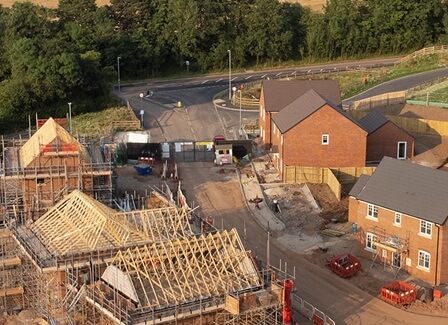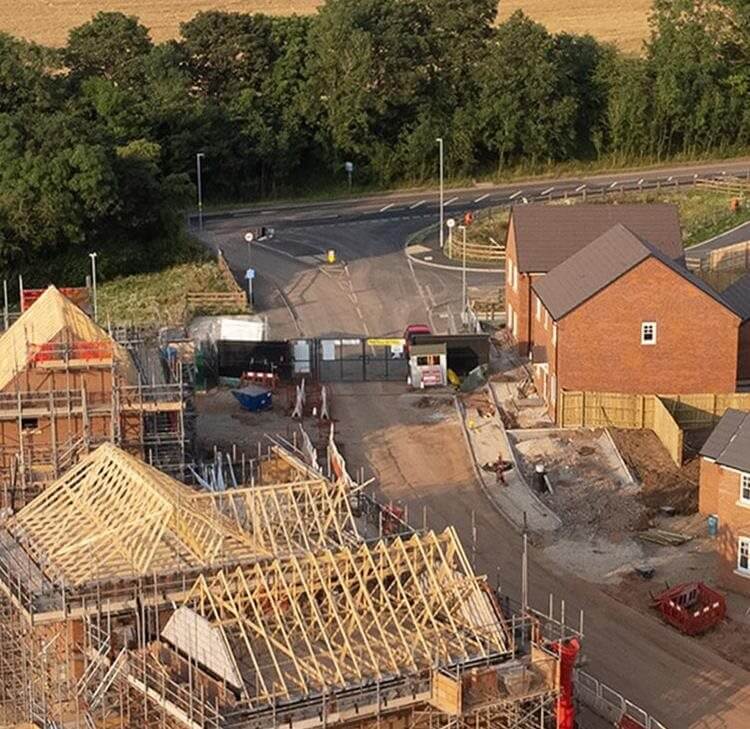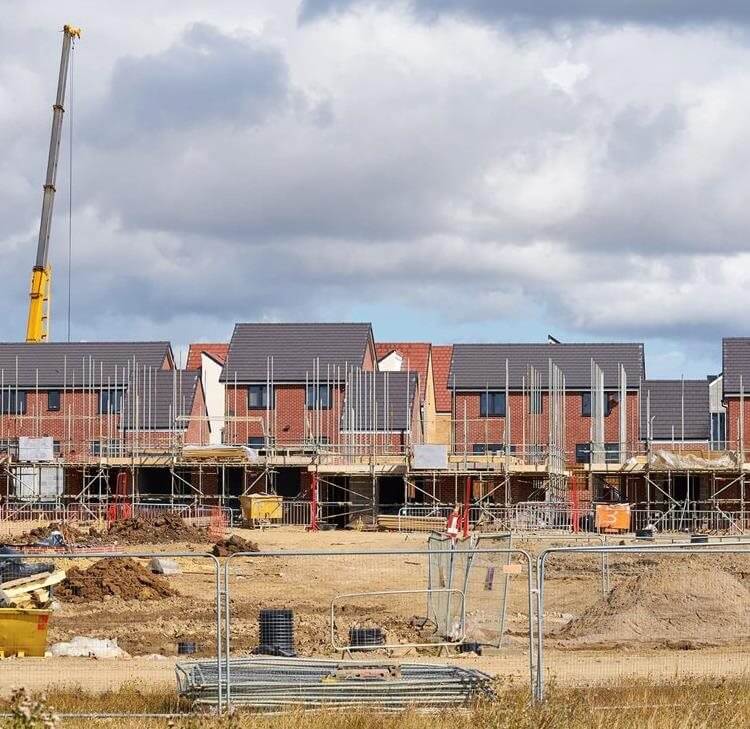Sharing rights for telecommunication operators have expanded and the change tilts the balance against landowners. Operators can now share masts, poles and cables with fewer restrictions, meaning less control for those who host telecoms sites.
The Electronic Communications Code (the ‘Code’) provides telecoms companies with the right to put up and run their equipment on public and private land. A key part of the Code relates to 'sharing rights'. Under paragraph 17, operators were given the ability to share and upgrade telecoms sites and equipment. In practice, this means one company can allow another to use its existing mast or cables, rather than each company having to install their own separate infrastructure.
What changed?
Previously, operators could only share their equipment if it caused no problems for the site owner, but this changed with the Product Security and Telecommunications Infrastructure Act 2022 (PSTI Act). Most provisions took effect in 2023, giving operators stronger standalone rights to share equipment – even when this has some impact on the Property. This Act also expanded powers to upgrade older kit and to run new lines from existing infrastructure, all with far fewer restrictions than before.
The old position: Sharing was possible, but limited
Under the Code as it originally stood, operators could share and upgrade their equipment, but only if certain conditions were met. That meant:
- Any changes as a result of the upgrading or sharing to the apparatus must have no adverse impact, or no more than a minimal adverse impact, on its appearance.
- Upgrading or sharing must have imposed no additional burden on the other party to the agreement (such as affecting the other party’s enjoyment of the land, or causing additional loss, damage or expense to that party).
If an operator wanted to share the equipment in a way that did affect the landowners, they would have to negotiate new rights or apply to the tribunal for them.
The new position: Stronger, freestanding sharing rights for operators
From 2023, the law now gives operators an express code right to share their apparatus.
- This is a standalone right. Under the new law, the operator can rely on an express "right to share apparatus". In other words, sharing is now a primary built-in right in the law itself.
- Operators do not need to prove that sharing will have 'no adverse impact' on the landowner. This shift makes sharing quicker and simpler for operators, while reducing the ability of landowners to use adverse impact arguments as a reason to refuse consent.
- Operators can insist on this right through the tribunal if the landowner disagrees. If a landowner refuses consent to sharing under the new regime, the operator can apply to the tribunal to have the sharing right imposed.
A recent example shows how robustly the tribunal is applying these rules. In Cellnex Connectivity Solutions Limited v Secretary of State for Housing, Communities and Local Government [2025], the tribunal granted broad sharing rights for a rooftop site at Croydon Crown Court. The decision makes clear that strong sharing terms will be imposed even on sensitive public buildings, highlighting the reduced scope for landowners to resist.
For older equipment (pre-2017 agreements)
The PSTI Act also granted operators automatic rights to upgrade and share underground equipment in old wayleaves, regardless of what the contract says.
Previously, an operator had to show that sharing would not negatively affect the land. Now, as long as the works are underground and do not cause major disruption, operators can share automatically without the landlord consent, unless an existing Code agreement states otherwise.
Recent developments
In 2025, government consultations confirmed that network sharing is seen as critical to delivering nationwide 5G and full-fibre coverage. The 2025 consultations did not simply endorse the 2023 reforms – they went further by signalling that the few remaining protections tied to older agreements should also be removed.
For example, industry groups argued that legacy contracts should no longer limit sharing rights, and the government aligned with that view. This marks a clear step beyond the initial PSTI reforms: landowners are now facing a climate where sharing is not just permitted, but actively promoted as government policy, with pressure to extend those rights as widely as possible.
This is why the issue has become more pressing now than in 2023. At the time, the PSTI Act saw the baseline shift in favour of operators. Today, the combination of government consultations, industry lobbying and Tribunal decisions such as Cellnex shows that the direction of travel is firmly towards giving operators maximum flexibility to share, regardless of landowner objections.
Landowners therefore need to understand that their negotiating position has changed further in 2025, and proactive management of telecoms site has never been more important.
What this means in practice for landowners:
- More operators, same site: One mast can now host several different networks without landowner approval.
- Less say for landowners: Landowners tend to have less control over what operators are on their property.
- Lower payments: As operators do not need special consent to share, landowners are less likely to be able to negotiate ‘extra rent’ when another operator comes on board.
- Still some protections: Sharing can still be challenged if it creates real safety or structural risks, but landowners will need solid evidence.
What should landowners do now?
Landowners now face a legal framework that gives telecom operators much stronger rights to share equipment, with the old “no adverse impact” safeguard largely removed. A practical way forward is to take a proactive approach: reviewing existing agreements (especially pre-2017 wayleaves), setting clear maintenance rules to deal with access and safety, and engaging constructively in negotiation or mediation when operators serve notices.
Where sharing or upgrades might create genuine risks, such as structural issues on rooftops, obtaining expert evidence at an early stage remains the most effective way to combat these new rights. With careful planning and active site management, landowners can continue to protect their position while adapting to the new rules.
Conclusion
In any event, our team always advise seeking professional advice if you are contacted by operators requesting new or renewal Code agreements, access to carry out surveys, or consent to carry out alterations and upgrades. Specialist telecoms surveyors and lawyers can assist as appropriate.
Contact

Julie Innes
Senior Associate (FCILEx)
julie.innes@brownejacobson.com
+44 (0)115 976 6086









































